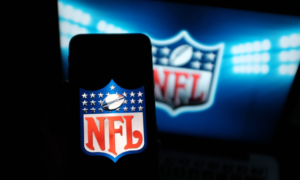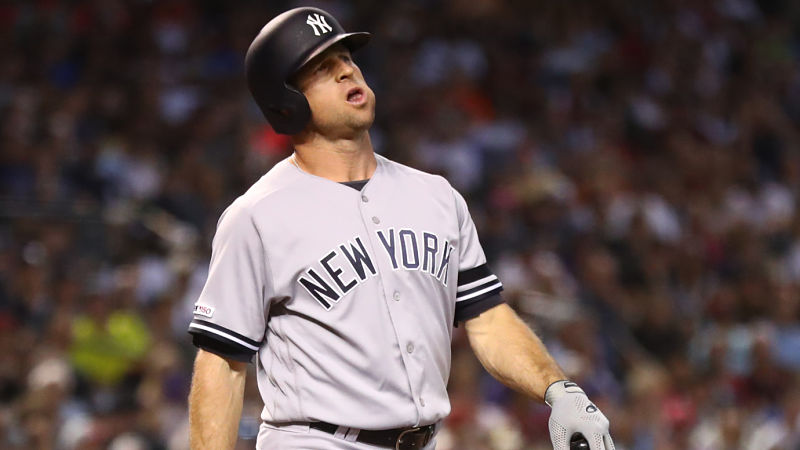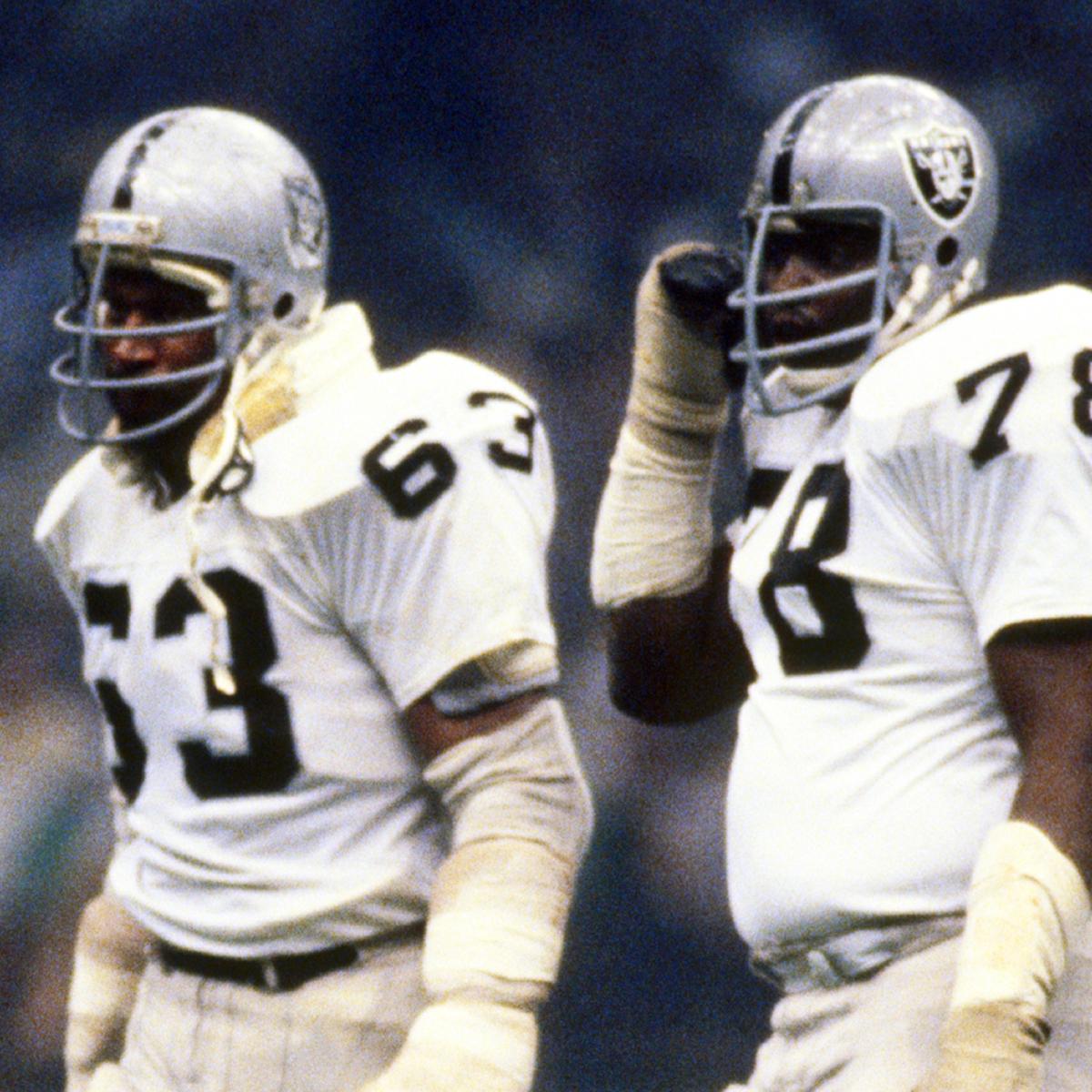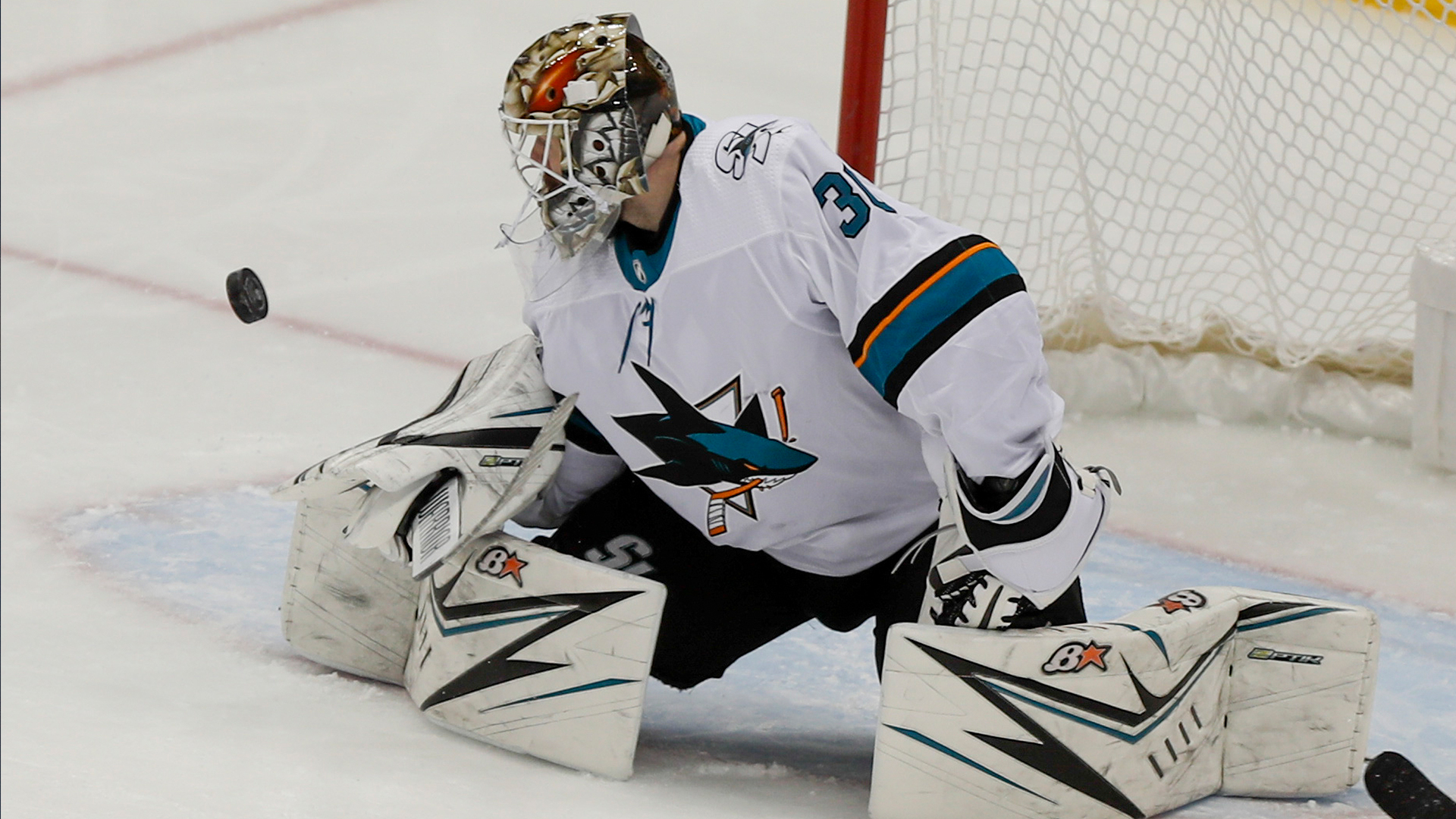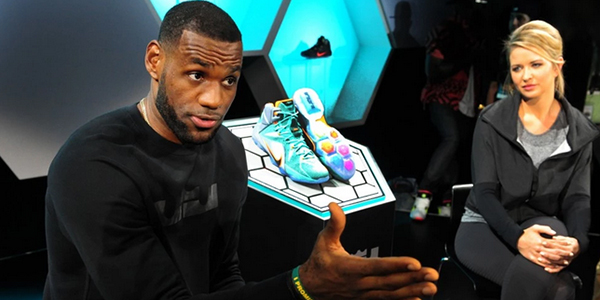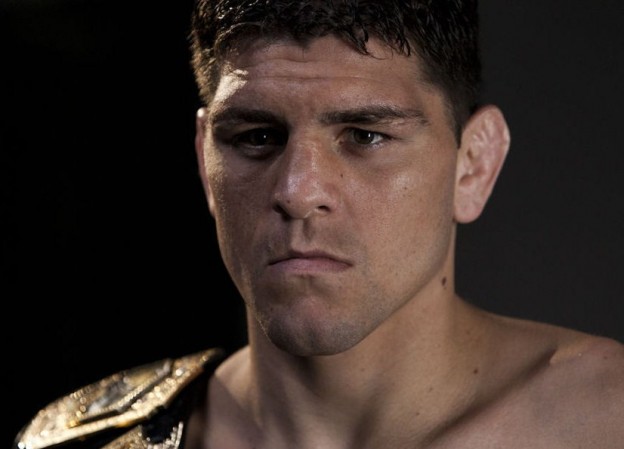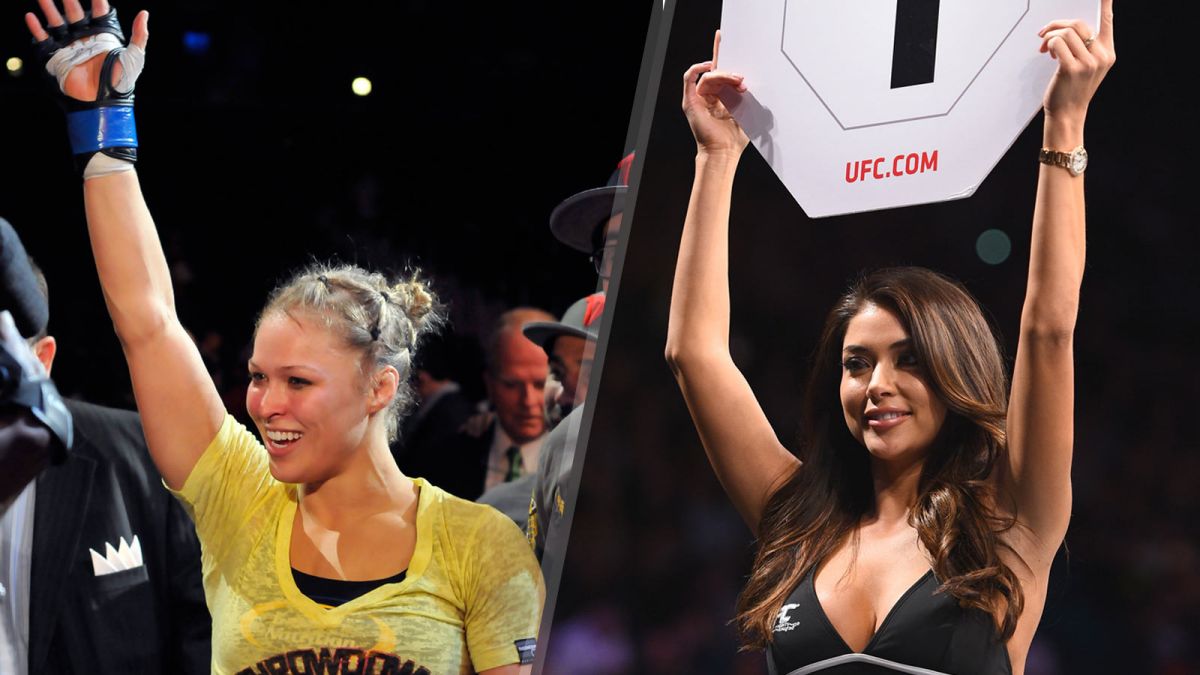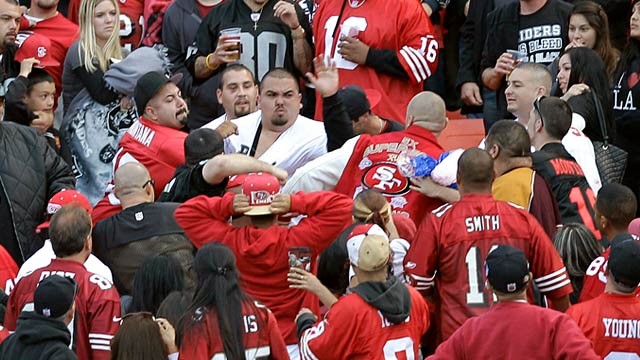The MLB’s new expanded playoffs for 2020 offered plenty of stuff that had never been seen before.
Baseball has finished its first round of the playoffs under its new expanded system for this year. (Congratulations to everyone who lived through eight games in one day and lived to tell the tale.) As has been the case with so much else this season, this offered plenty of stuff that had never been seen before. So what did we learn? Here are a few takeaways:

A three-game playoff series feels like no man’s land
MLB’s regular season is built on three-game series. But the structure is completely new to October and, of course, it presents differently in the playoffs. For all the commentary on the opportunity for total chaos, there wasn’t too much, though there was a bit. (The Marlins’ and Astros’ upsets were striking, but there was never any doubt about, say, the Rays or Dodgers.) As for the experience? That’s subjective, to a certain extent, but there are still some general impressions to take here. A three-game series doesn’t have the same brand of topsy-turvy drama that you get from a single-game winner-take-all. It doesn’t have the same natural arc and tension of a five- or seven-game series. It’s… in between. That doesn’t have to be bad. (It might feel different if it didn’t involve so many fringe-y teams; if MLB retains this format with 14 berths instead of 16, as Commissioner Rob Manfred has suggested, perhaps there would be more to recommend it.) As it was this week, though? It’s hard to say that this was either as fun as a typical wild card contest or as intriguing as a longer series can be. But for those who feel the same, take heart and remember that it will be five- and seven-gamers the rest of the way through, as usual.
The ‘pen can still drag things out significantly, even with the three-batter minimum
Much of the focus on pitching strategy before this week was on how the lack of days off in the divisional and championship series would affect demands on starters. But the wild-card round showed a pitching trend of its own—bullpen games, both planned and seemingly not. Game 3 between the A’s and White Sox featured 17 different pitchers, none of whom lasted more than two innings. A few hours later, Game 2 of Cardinals-Padres also combined for 17, and the next day, San Diego used nine pitchers to cover nine innings. A lot of these moves worked out for well-played matchups. But they made their games feel like a slog at times, too. (This week also gave us the longest nine-inning game in history, courtesy of the Yankees and Indians, at 4 hours and 50 minutes—but the length there was driven more by the offense than by excessive pitching changes.) But don’t expect too much more of this in the rounds ahead—the format should call for teams to depend more on starters and less on Johnny Wholestaff.
The Astros are still leaning into their roles as heels
It’s been a busy summer. Perhaps you forgot about the finer details of everything that went down over the winter with the Houston Astros—both because there were no fans around to offer a reminder with their boos and because the team struggled on the field for the first time in years. (They finished 29–31, which wouldn’t allow a team anywhere near the playoffs in an ordinary season, but that earned them a No. 7 seed in the chaos of 2020.) After their series win over the Twins, however, the team has leaned all the way back into their image as the group that you should love to hate. “People are mad. People don’t want to see us here,” Carlos Correa said after their victory. “What are they going to say now? We’re a solid team.” The official team account tweeted “Stay mad, we’ll stay winning”—which, of course, brought many people correctly noting that even with their two playoff victories, the team was still not actually “winning,” with a record of precisely .500. Can they keep it up? … Maybe. They were able to paper over the weaknesses of their weakened pitching staff for two games against Minnesota, but going forward, it should be a lot harder to do that for three games or longer.
Let the kids play
Both the Marlins’ Sixto Sanchez and the Braves’ Ian Anderson pitched their teams into the next round. Jake Cronenworth’s home run put the exclamation mark on a series-guaranteeing victory for the Padres. Randy Arozarena turned some sweet plays for the Rays, Luis Robert hit a monster homer for the White Sox, and Alex Kirilloff became the first player to make his major-league debut by starting in a postseason game for the Twins. It was a great playoff round for rookies—which is promising for both next week and next year.
Clayton Kershaw does not care for your playoff narrative
The Clayton Kershaw playoff narrative is far more nuanced than it’s typically reduced to—Kershaw’s 26 October starts have been good more often than the opposite, and of the handful that have been bad, several have come in situations where the southpaw was left in too long, suggesting that his playoff reputation might be quite different had it come under a different manager. But, of course, you probably know this, given that the subject now seems to get relitigated annually. Which is part of what makes it such a joy to watch Kershaw offer the sort of playoff performance that he did in the Dodgers’ Game 2 victory over the Brewers—an undeniable tour de force that shows his talent so clearly that there’s nothing to argue about. His 13 strikeouts in 8 scoreless innings were a work of art, helping to send the Dodgers to the NLDS, where we should get to watch him try to do it again.
——————-
Did you miss our previous article…
https://sportsgooru.com/mlb/jeopardy-contestants-whiff-on-yankee-stadium-category/

